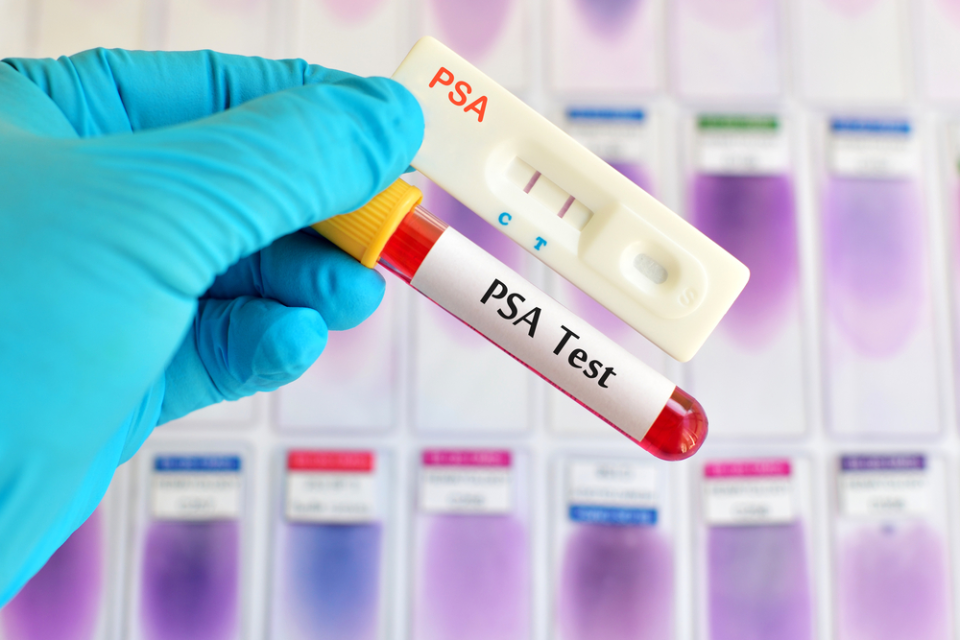Prostate cancer is one of the most common cancers affecting men worldwide. Early detection plays a critical role in successful treatment and improved outcomes. One of the primary tools for prostate cancer screening is the prostate-specific antigen (PSA) test, a simple blood test that measures the level of PSA, a protein produced by the prostate gland.
Understanding what PSA testing involves, its benefits and limitations, and when to get screened can help men make informed decisions about their prostate health.
What Is PSA Testing?
PSA is a protein produced by cells in the prostate gland. Normally, small amounts of PSA circulate in the bloodstream. Elevated levels can indicate prostate inflammation, enlargement, or cancer.
The PSA test measures the concentration of PSA in the blood. It is widely used as a screening tool to help detect prostate cancer early, often before symptoms develop.
Benefits of PSA Screening
- Early Detection: PSA testing can identify prostate cancer at an early stage when it is more treatable.
- Monitoring: For men already diagnosed with prostate issues, PSA tests help monitor treatment effectiveness and detect recurrence.
- Guiding Further Testing: Elevated PSA levels can prompt additional exams, such as digital rectal exams (DRE) or prostate biopsies.
Limitations and Controversies
While PSA testing has advantages, it also has limitations:
- False Positives: Elevated PSA levels can result from benign conditions like prostatitis or benign prostatic hyperplasia (BPH), leading to unnecessary anxiety or procedures.
- False Negatives: Some men with prostate cancer may have normal PSA levels, missing early diagnosis.
- Overdiagnosis: Detecting slow-growing cancers that may never cause symptoms can lead to overtreatment and side effects.
Because of these factors, PSA screening decisions should be personalized, considering individual risk factors and preferences.
Who Should Get PSA Screening?
The decision to undergo PSA testing should be made after discussing with a healthcare provider. General guidelines include:
- Men aged 50 and older: Average risk men should consider screening.
- Men aged 40-45: Those with higher risk factors, such as family history of prostate cancer or African American ethnicity, should consider earlier screening.
- Men with symptoms: Those experiencing urinary problems, pain, or other related symptoms should seek evaluation regardless of age.
What to Expect During Screening
PSA testing involves a simple blood draw, usually performed during a routine doctor’s visit. Results typically return within a few days. If PSA levels are elevated, further evaluation may include:
- Digital Rectal Exam (DRE): A physical exam to check the prostate’s size and texture.
- Imaging tests: MRI or ultrasound can provide detailed views of the prostate.
- Biopsy: If cancer is suspected, a biopsy removes tissue samples for analysis.
Preparing for a PSA Test
Certain factors can affect PSA levels, so it’s important to:
- Avoid ejaculation 24-48 hours before the test
- Inform your doctor about any medications or supplements
- Avoid vigorous exercise or procedures like catheterization before testing
Following these steps helps ensure accurate results.
Understanding Your Results
PSA levels are measured in nanograms per milliliter (ng/mL). While there is no strict cutoff, levels above 4 ng/mL often warrant further investigation. However, PSA levels can vary based on age, prostate size, and other factors.
Your healthcare provider will interpret results in the context of your overall health and risk profile to recommend next steps.
Final Thoughts
PSA testing is a valuable tool in prostate cancer screening but should be approached thoughtfully. Discussing your risk factors, benefits, and potential downsides with a healthcare professional will help you make the best decision for your health.
Early detection of prostate cancer can save lives, but balancing screening benefits with risks is key to personalized care.
If you have questions or concerns about prostate health or PSA testing, scheduling an appointment with a urologist can provide clarity and expert guidance. We recommend Lazare Urology.

